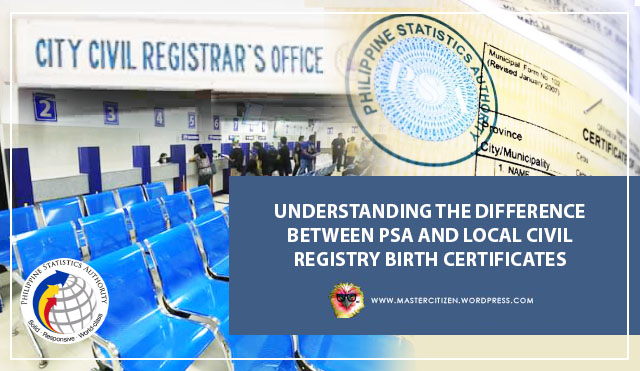Breaking Off an Engagement: Finding Clarity in a "Sana All" Culture
In the Philippines, weddings are seen as joyous celebrations of love, often painted with the "sana all" brushstroke of well-wishes and excitement. But what happens when the happily-ever-after script takes an unexpected turn? Ending an engagement is a difficult decision, often shrouded in stigma and emotional turmoil.
Today, we navigate the sensitive topic of breaking off an engagement in the Philippine context, exploring both the difficult but liberating pros and unavoidable cons.
Reasons for Saying, "I Don't"
Before delving into the pros and cons, it is crucial to acknowledge the various reasons why couples might choose to break off an engagement:
- Fundamental Incompatibility: Values, life goals, and even religious beliefs might clash, creating an impassable chasm over time.
- Unresolved Issues: Unhealthy communication, lack of trust, or unresolved conflicts from the past can fester and poison the future.
- External Pressures: Family interference, financial strain, or societal expectations can create undue pressure, jeopardizing genuine connection.
- Personal Growth: Individual journeys can lead to self-discovery and a recognition of different paths, making the initial relationship incompatible with who you have become.
- Honesty and Integrity: Choosing truth even when difficult shows respect for yourself and your partner, paving the way for healthier future relationships.
- Personal Growth: Ending a mismatched relationship allows you to focus on individual growth and healing, potentially leading to greater self-discovery and fulfillment.
- Avoiding Resentment: Staying in a relationship based on societal pressure or fear of judgment breeds resentment, harming both individuals in the long run.
- Emotional Pain: Both partners will grieve the loss of the envisioned future and navigate the emotional fallout, requiring time and support.
- Social Stigma: Societal judgment and negativity, particularly from conservative circles, can add unnecessary pain and pressure.
- Financial Repercussions: Deposits paid to suppliers, venue bookings, and wedding attire necessitate careful handling of potential refunds or rescheduling.
- Be Open and Honest: Explain your reasons clearly and respectfully, emphasizing that this decision comes from a place of care and self-reflection.
- Prioritize Privacy: Limit public disclosures, especially on social media, to avoid unnecessary speculation and pain.
- Respect Each Other's Needs: Offer space and support, but do not force unwanted communication.
- Wedding Suppliers: Contact vendors as soon as possible, understand their cancellation policies, and negotiate potential refunds or rescheduling options.
- Guests: Send a heartfelt message explaining the situation, expressing gratitude for their understanding, and apologizing for any inconvenience. Offer the option to keep gifts if appropriate.
- Family and Friends: Seek support from close confidantes who can offer empathy and understanding throughout the process.




Comments
Post a Comment